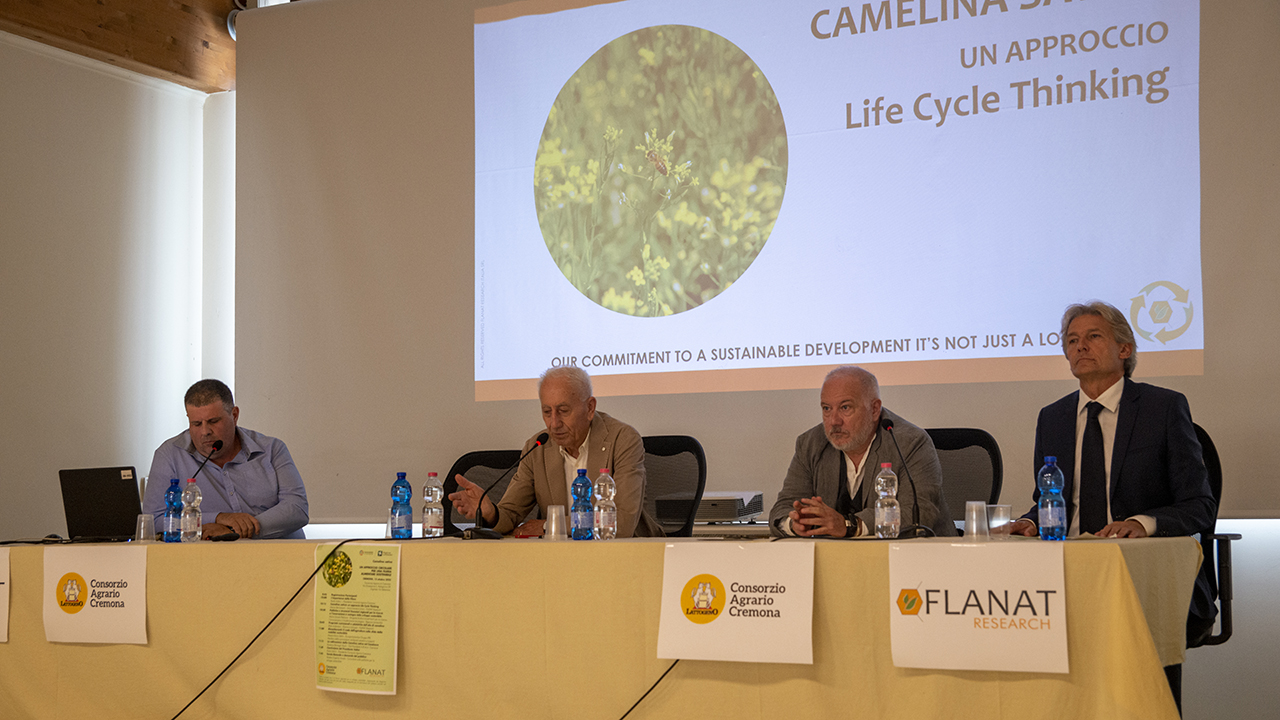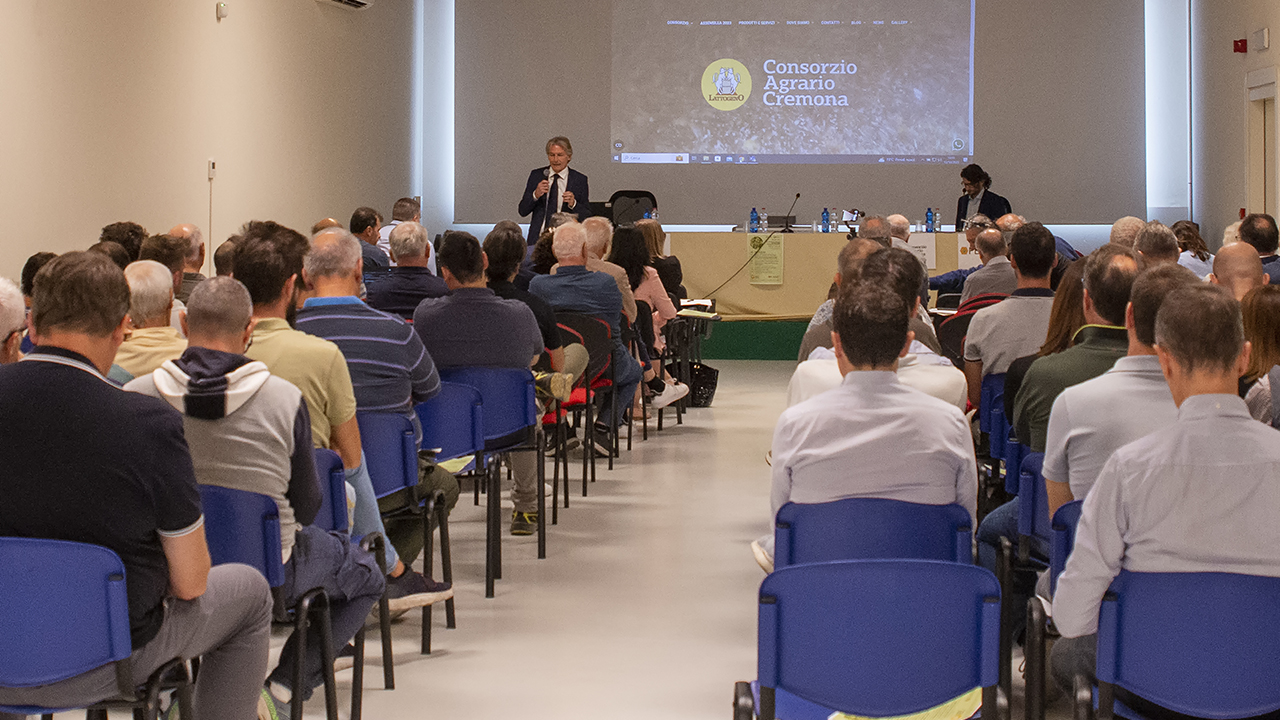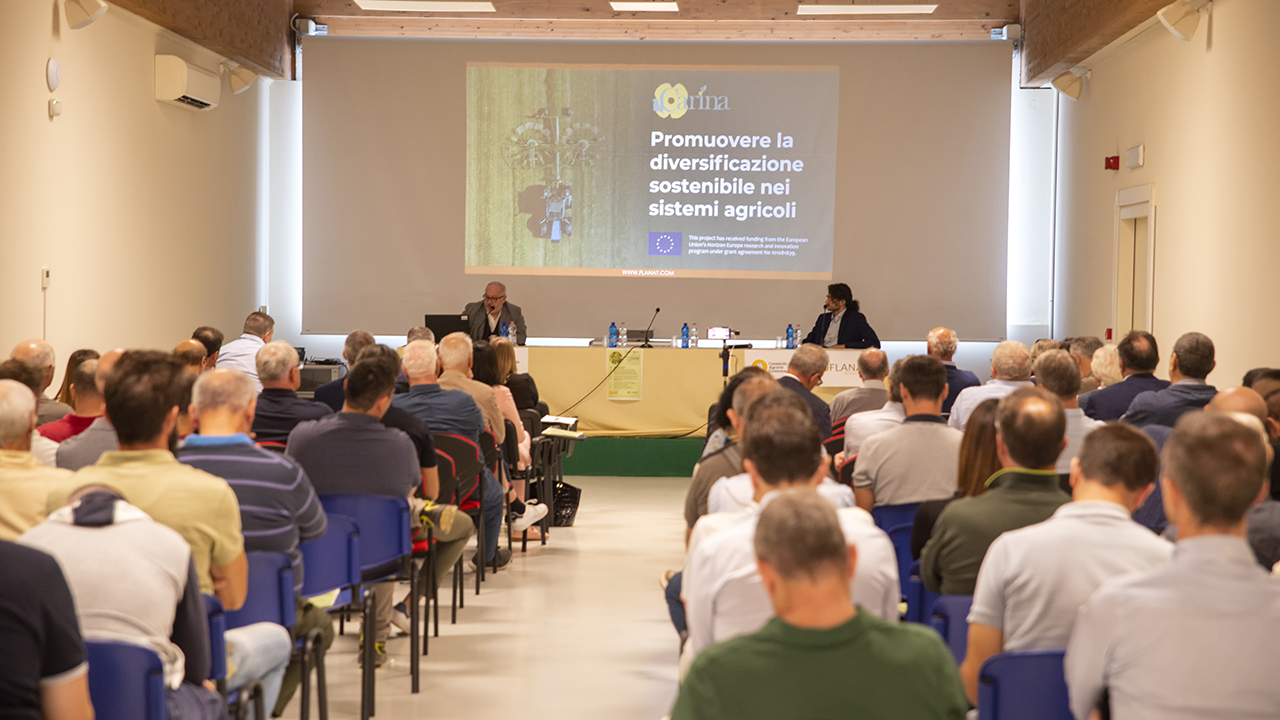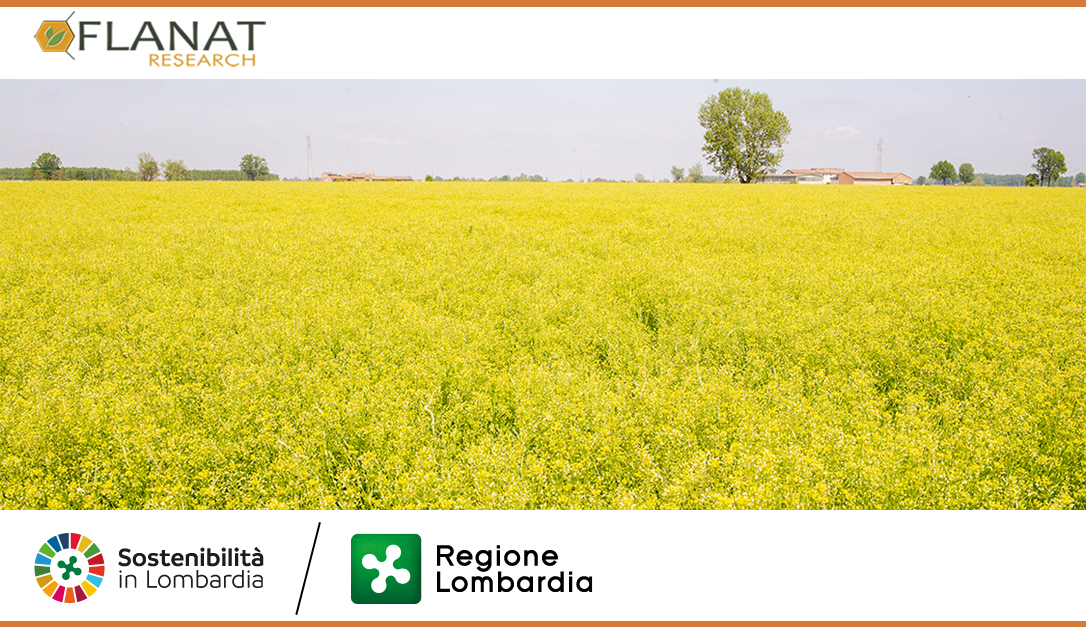FLANAT Research, CONSORZIO AGRARIO DI CREMONA and APIMA sign a Letter of Intent to develop the Camelina sativa supply chain in Lombardy
CREMONA ITALY. October 13, 2023. FLANAT Research, along with CONSORZIO AGRARIO DI CREMONA, a consortium with over 3000 associated agricultural companies, and APIMA, Agri-mechanical services through associated companies, announced today during the “Camelina sativa: A CIRCULAR APPROACH FOR A SUSTAINABLE FOOD CHAIN” conference, to have signed a Letter of Intent (LoI) to collaborate in scaling research and commercialization of Camelina sativa, and its sustainable byproducts to help meet new demand for high-nutrition foods, feed, consumer products, biofuels and more.
 Rossano Remagni Buoli, Vice President APIMA, Clevio Demicheli, president APIMA, Marco Bernasconi, CEO FLANAT Research, Sergio Berti, Deputy Director CONSORZIO AGRARIO DI CREMONA
Rossano Remagni Buoli, Vice President APIMA, Clevio Demicheli, president APIMA, Marco Bernasconi, CEO FLANAT Research, Sergio Berti, Deputy Director CONSORZIO AGRARIO DI CREMONA
This LoI aims to identify common areas of intervention in order to encourage the transition towards a Circular, Sustainable, Regenerative, Inclusive and Fair bioeconomy, supporting the adoption of bio-based solutions and stimulating the birth of the sustainable camelina supply chain by facilitating contact between the Agricultural sector, the Research, Development and Innovation sector, and the Industrial sector.
“This exciting LoI with FLANAT and APIMA demonstrates how we are working with partners to bring together the entire value chain to support new crops,” said Paolo Voltini, president of the Consorzio Agrario di Cremona. “It builds on our unique capabilities to create new pathways to implement our associates' jobs and sources of income, a process we have already successfully pioneered. We look forward to working together with our partners and associated farmers to advance this work and continue to meet the demand for sustainably sourced products.”

“Camelina sativa adapts to different environmental conditions, has low water and nutrient requirements, and it has a relatively strong resistance to insect pests and microbial diseases.” said Marco Bernasconi, FLANAT Research. “Camelina characteristics make it particularly appreciated for its qualities as a cash-cover crop thanks to the composition and multiple applications of its precious oil suitable for the production of foods with high nutritional value, functional feed, biofuels and bioplastics.”

“Transforming agriculture will be fueled by innovation, but it must be achieved at scale,” said again Marco Bernasconi, FLANAT Research. “This cannot be done alone. The whole food and agriculture system needs to work in partnership with farmers at the center. Our collaboration with APIMA and Consorzio Agrario is a perfect example of our continued commitment in innovation and sustainability, pursuing our Life Cycle Thinking approach to nutrition”.
“Innovation in technology is our commitment and we are here to provide support to all farmers, as we always did” said Clevio Demicheli, president of APIMA. “The experience of our Vice President, Rossano Remagni Buoli, has brought us a new vision in the path of sustainability and future for the Agri-mechanical service that we are pleased to share with our fellow farmers.
The companies expect to sign definitive agreements in twelve months and are already advancing important work together around growing and processing 2024 camelina crop.
About FLANAT Research
FLANAT is active in the research and valorization of plant varieties with the aim of identifying new applications in the field of circular economy for the production of nutritional and veterinary foods, ingredients functional to natural and sustainable chemistry.
About CONSORZIO AGRARIO DI CREMONA
The CONSORTIUM supports the over 3,300 member farms and its customers in their daily activities, to raise the quality and safety of agricultural and livestock production; promoting environmental protection through targeted operations. The CONSORTIUM has a logistics and commercial network capable of covering the whole of Lombardy and over.
About APIMA
APIMA offers Agro-Mechanical services to farmers through associated companies, using precision farming mechanization and new digital and instrumental technologies, with the provision of data collected in the field with the aim of improve the quality and profitability of the product through increasingly environmentally friendly processes.

